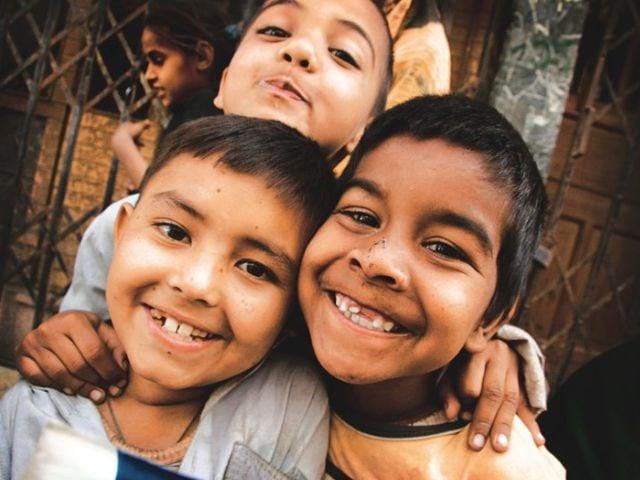In Pakistan, the voices of children are often absent from the process of formulation of policies on the rights of the child, with decisions typically molded by experts, political and activists.
This adult focused approach, experts warn, does not reflect the experiences and lived needs of children, undermining both the relevance and effectiveness of policies aimed at protecting them.
“When policies are designed only from an adult perspective, they often do not align with the age, interests and needs of children,” said a children’s rights expert. “This results in low participation and weak implementation.”
However, promising change signs are emerging. A remarkable example is Abihah Batool, 16, a Lahore student and an active member of a children’s forum.
He recently represented Pakistan at the United Nations Annual Convention on the Rights of the United Nations in Geneva, where he advocated a comprehensive social protection program for children.
He has also met with the Punjab Human Rights Minister, the president of the Office of Child Protection and Welfare, and a member of the National Human Rights Commission (NCHR) to present a letter of demands developed by children.
“From schools to national consultations and even global platforms, children in Pakistan have shown that they can speak with information, sincerity and moral courage, if they are only given the opportunity,” said Abihah. She emphasized that social stigma, institutional weaknesses and tokenistic inclusion continue to obstruct significant child participation.
Ayesha Raza Khan, president of the National Commission for the Rights of the Child (NCRC), shared that Pakistan is leading the way in the southern region of Asia by including two children as members of the Commission.
“We have also established a children’s advisory panel with representation throughout the country,” he said. “It is crucial that when we talk about protection and children’s rights, we start listening to children themselves.
His perspectives should be taken seriously. “A recent case of the Supreme Court on the custody of the children as a milestone, where, for the first time, the court sought the preferences of the children on which father they wanted to live after separation.
Iphtikhar Mubarak, executive director of Search For Justice, highlighted article 12 of the United Nations Convention on the Rights of the Child, which guarantees each child the right to express their views on the matters that affect them and that those opinions are taken seriously.
“This means creating safe, inclusive and effective platforms where children can talk about critical issues such as education, violence, environmental change, gender equality and mental health.”
Despite these developments, child protection institutions throughout Pakistan, even in Punjab, adult professionals dominate, with little or no representation of the children themselves.
Experts argue that this exclusion not only hinders the development of children in trust, leadership and civic responsibility, but also hides serious problems such as sexual abuse and domestic violence.
“When children are excluded in shape to the policies that affect them, they feel alienated from society, which can lead to long -term inequality,” experts warn.
Political leaders urge to guarantee the significant inclusion of children as a fundamental principle to build effective, inclusive and sustainable child protection frameworks.




